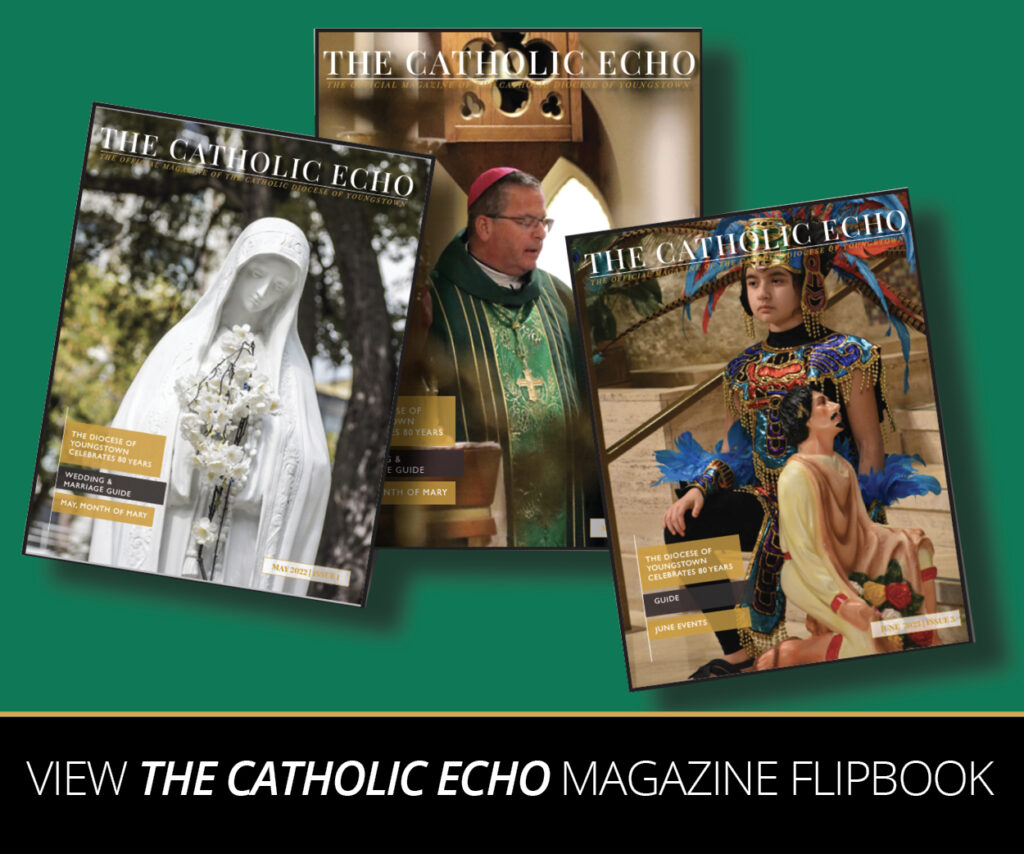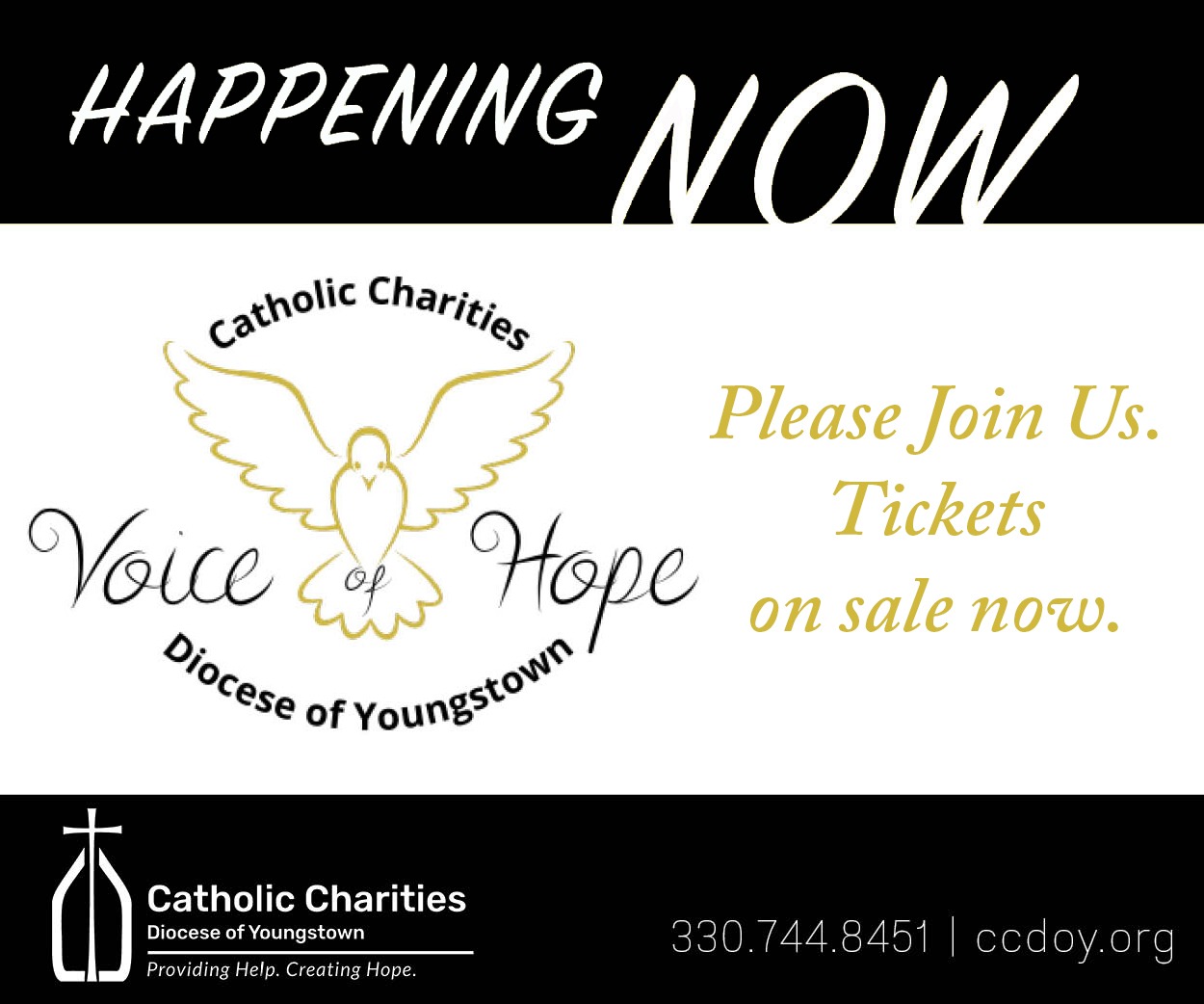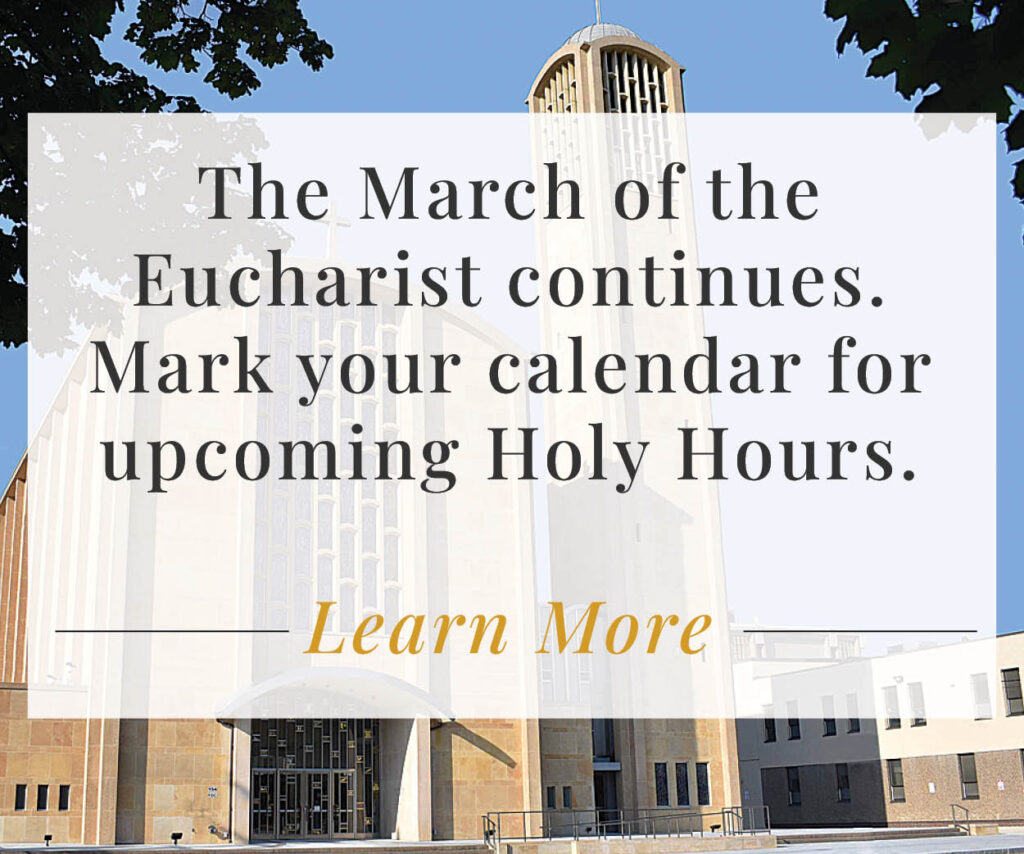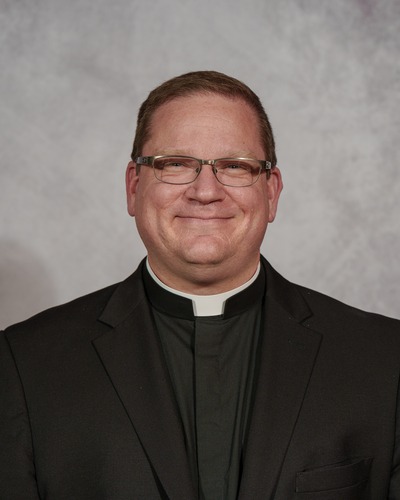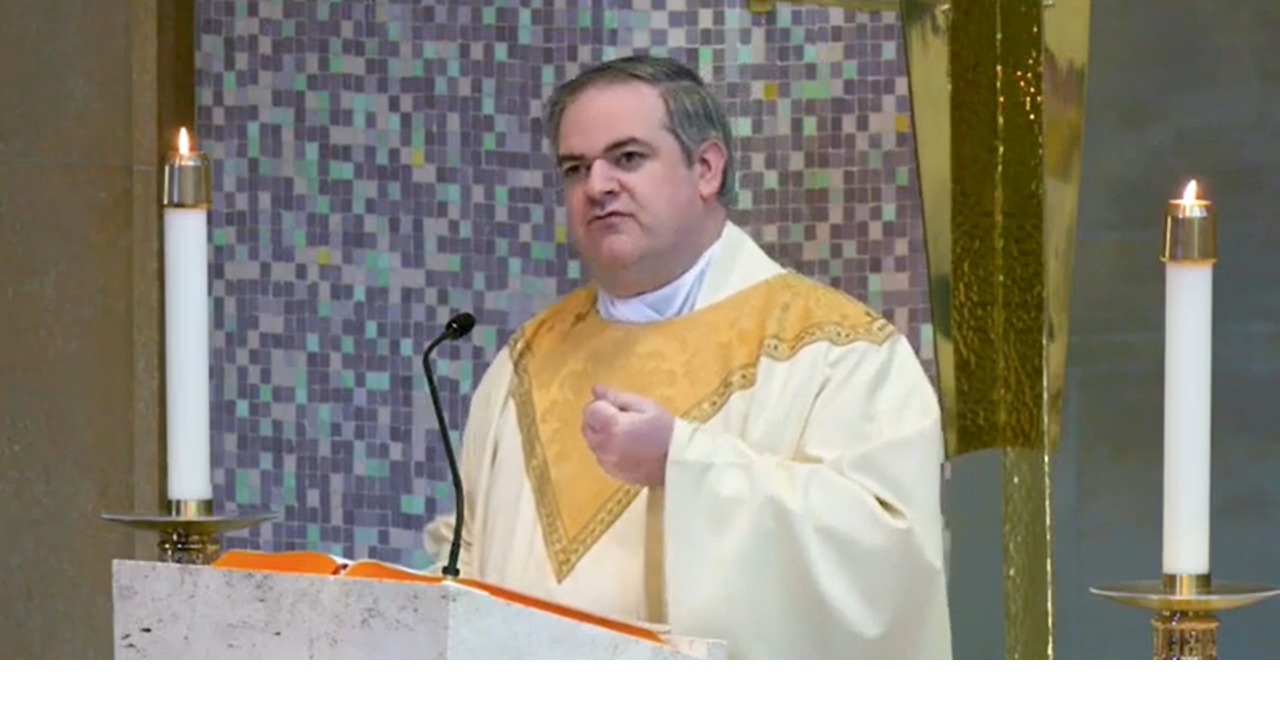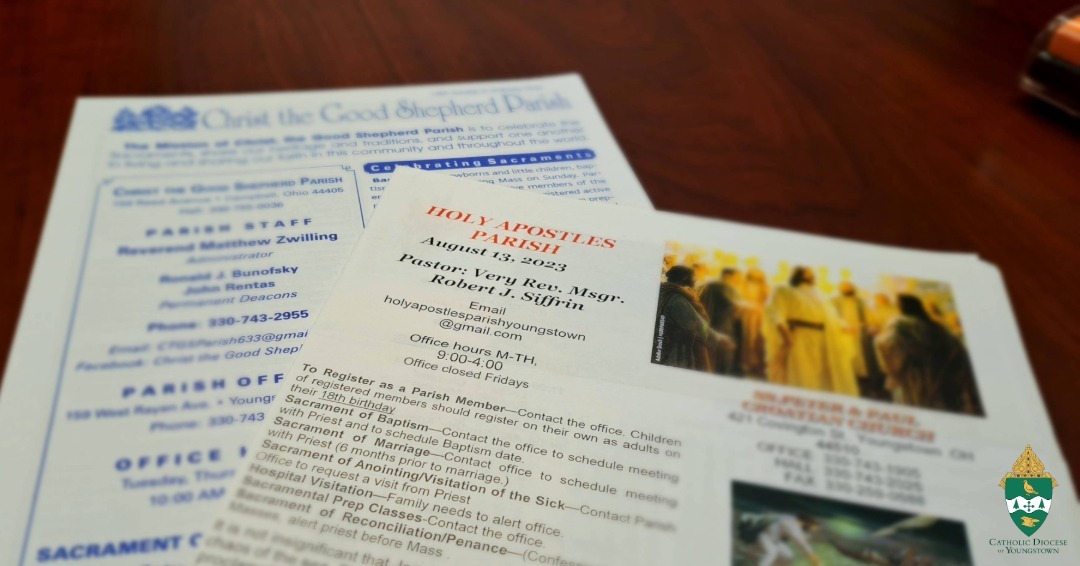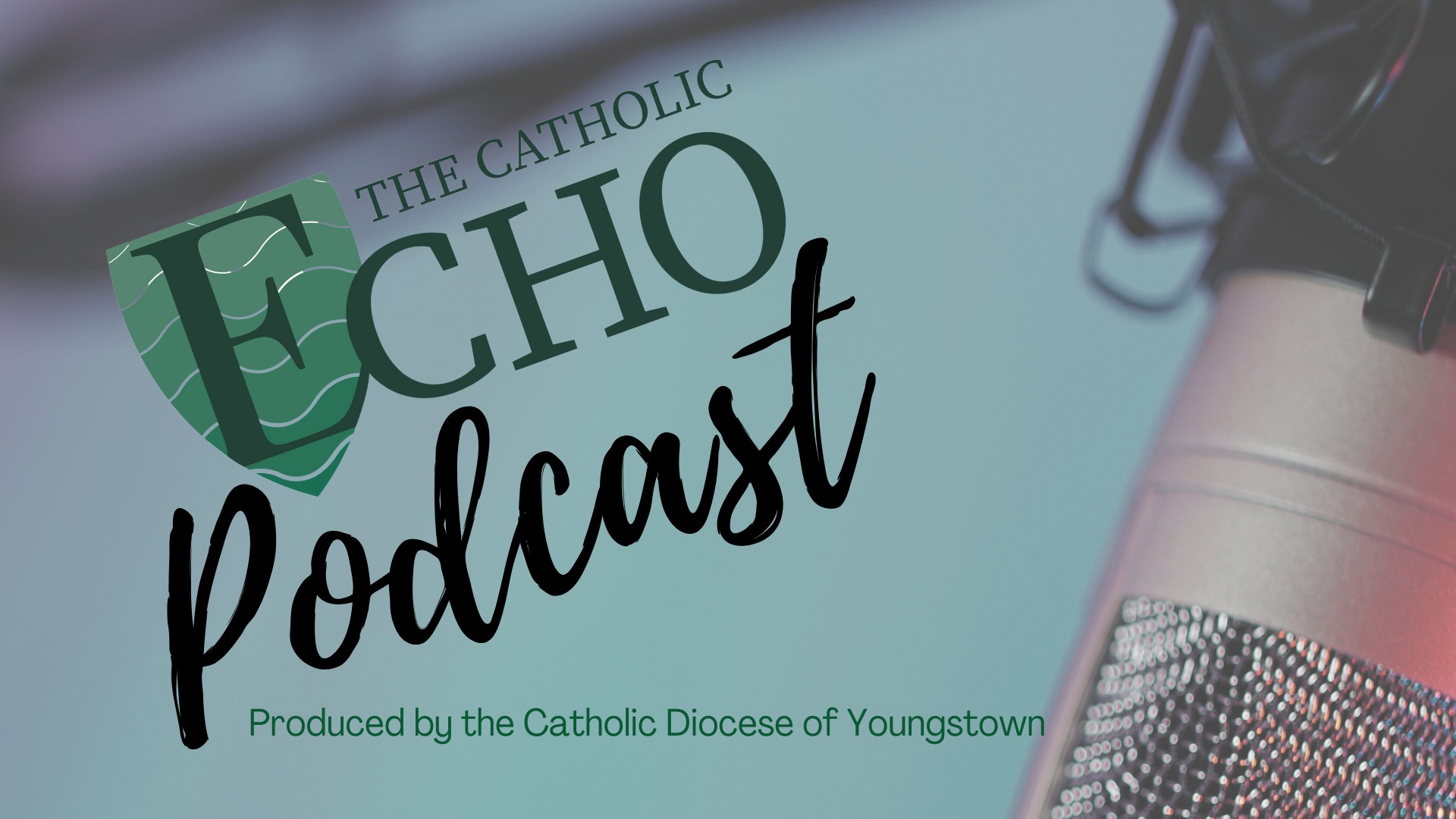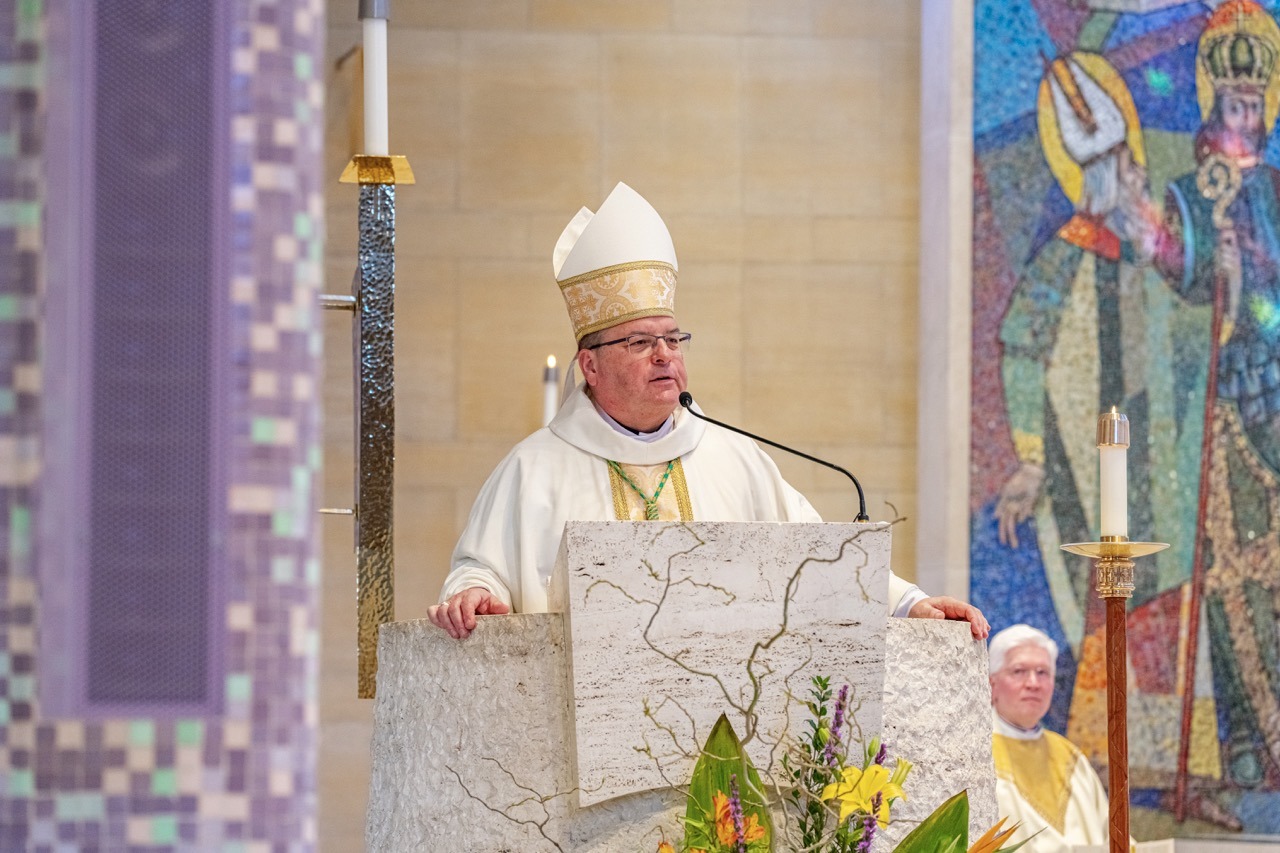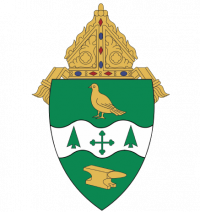Haga clic para la traducción al español.
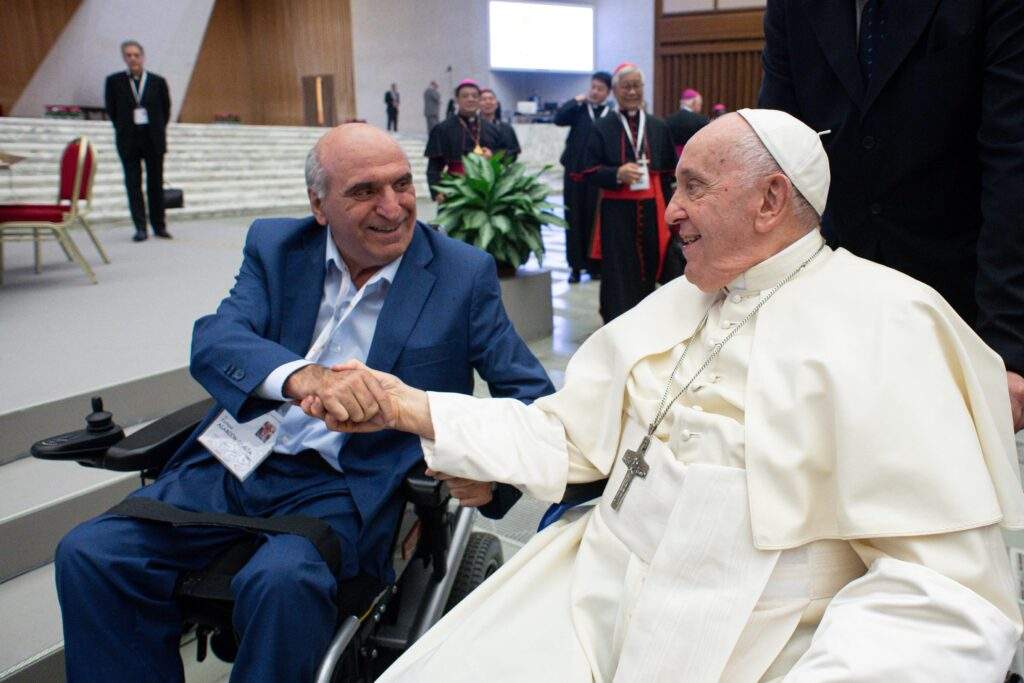
VATICAN CITY (CNS) — In many places in the world, including in Rome, people with disabilities cannot enter Catholic churches because of the architectural barriers, but even when they do, “we are not asked anything and we are not asked to participate either,” said Enrique Alarcón García.
That changed with the preparations for the synod on synodality, said Alarcón, who is president of Frater España, a Christian fraternity of people with disabilities in Spain.
Alarcón, a papally appointed member of the assembly of the Synod of Bishops, spoke to reporters Oct. 14 about his synod experience.
While many people hear about the synod’s focus on “inclusion” and think of the synod’s controversial discussions about LGBTQ Catholics or more roles for women, Alarcón said those weren’t the first topics his community thought of. “The church came out with a bright sign with the word ‘inclusion’ on it, a house for all. Inclusion, we said, but is it possible?”
The Dicastery for Laity, the Family and Life had organized synod listening sessions for people with disabilities in 2022, which Alarcón said was a “great surprise,” one that continued when he and four others were asked to submit a report to the synod and, even more, when he was named a synod member.
Still, he had some suspicions that his presence was “something good for publicity” and that, seated in his wheelchair, he would be the object of pity or paternalism from the cardinals and bishops, something he said he has experienced in the past.
“But the pope has spoken to us through this whole synodal process and tells us, ‘No, as a baptized member of church, you are a member by right and you also are called to be an evangelizing member,” he said. “That brought real joy to my heart and is making it possible for people with disabilities around the world to start looking at the church differently.”
For Alarcón, the Vatican’s decision not to hold the assembly in the theater-like audience hall with its steep rows of chairs, but rather in the audience hall at round tables, was more than a change of atmosphere.
With his wheelchair, he could sit at a table with other members, “occupying the same place and at the same height,” he said. It was a sign of solidarity and of a sincere desire to work toward being “a church where we can all be together and where we are all called to carry out our evangelizing task,” he said.
The assembly’s work in small groups, where members take turns listening to each other, “is very important,” he said, “because for a person with disabilities, in most of the world, it is very difficult to be able to speak with people who are educated not to listen, but only to speak, as happens often with bishops and, especially, cardinals.”
“I think the synod has a pedagogical character, because the hierarchy is seeing that it is possible to have a dialogue, to listen,” Alarcón said.
Copyright ©2023 Unless otherwise noted: © OSV News / Our Sunday Visitor, Inc. 2023; all content before December 31, 2022 © Catholic News Service / U.S Conference of Catholic Bishops. Send questions about this site to osvnews@osv.com.
El enfoque del Sínodo en la ‘inclusión’ es clave para las personas con discapacidad, dice un miembro
Por Cindy Wooden, Catholic News Service
CIUDAD DEL VATICANO (CNS) — En muchos lugares del mundo, incluida Roma, las personas con discapacidad no pueden entrar en las iglesias católicas debido a las barreras arquitectónicas, pero incluso cuando lo hacen, “no se nos pregunta nada y tampoco se nos pide participar”, dijo Enrique Alarcón García.
Eso cambió con los preparativos del sínodo sobre la sinodalidad, dijo Alarcón, que es presidente de Frater España, una fraternidad cristiana de personas con discapacidad en España.
Alarcón, miembro de la asamblea del Sínodo de los Obispos nombrado por el Papa, habló con los periodistas el 14 de octubre sobre su experiencia sinodal.
Aunque mucha gente oye hablar del enfoque del sínodo en la “inclusión” y piensa en las polémicas discusiones del sínodo sobre los católicos LGBTQ o más papeles para las mujeres, Alarcón dijo que esos no fueron los primeros temas en los que pensó su comunidad. “La Iglesia salió con un cartel luminoso con la palabra ‘inclusión’, una casa para todos. Inclusión, decíamos, pero ¿es posible?”.
El Dicasterio para los Laicos, la Familia y la Vida había organizado sesiones de escucha del sínodo para personas con discapacidad en 2022, lo que, según Alarcón, fue una “gran sorpresa”, que continuó cuando a él y a otras cuatro personas les pidieron que presentaran un informe al sínodo y, más aún, cuando le nombraron miembro del sínodo.
Aún así, tenía ciertas sospechas de que su presencia fuera “algo que queda bien para la galería” o publicidad y que, sentado en su silla de ruedas, fuera objeto de lástima o paternalismo por parte de los cardenales y obispos, algo que, según dijo, ya ha experimentado en el pasado.
“Pero el Papa nos ha habla a través de todo este proceso sinodal y nos dice: ‘No, como miembro de la Iglesia bautizado, eres miembro por derecho y además llamado a ser un miembro evangelizador”, dijo. “Eso supuso una auténtica alegría en el corazón de alegría y está haciendo posible que las personas con discapacidad de todo el mundo empiecen a mirar a la Iglesia de otra manera”.
Para Alarcón, la decisión del Vaticano de no celebrar la asamblea en la sala de audiencias tipo teatro, con sus empinadas filas de sillas, sino en la sala de audiencias con mesas redondas, fue algo más que un cambio de ambiente.
Con su silla de ruedas, pudo sentarse en una mesa redonda con otros miembros, “ocupando el mismo sitio y a la misma altura”, dijo. Fue un signo de solidaridad y de sincero deseo de trabajar para ser “una Iglesia en la que todos y todas podamos estar y en la que todos estemos llamados a realizar nuestra tarea evangelizadora”, dijo.
El trabajo de la asamblea en pequeños grupos, en los que los miembros se turnan para escucharse unos a otros, “es muy importante”, dijo, “porque para una persona con discapacidad, en la mayor parte del mundo, es muy difícil llegar a poder hablar con personas que están acostumbradas y educadas no para escuchar, sino para hablar, como pasa mucho con los obispos y con los cardenales”.
“Creo que el Sínodo esta teniendo un carácter pedagógico, porque la jerarquía está viendo que es posible mantener un diálogo y una escucha”, dijo Alarcón.

